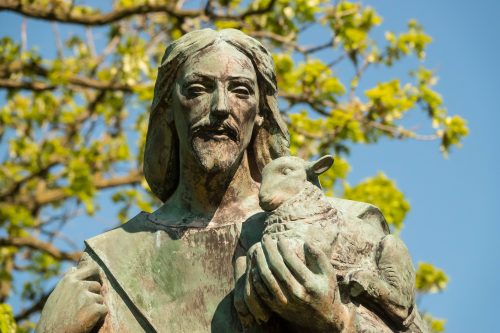My brother-in-law Vincent lives with an intellectual disability called fragile X syndrome. For more than a decade, he has lived in various group homes in Chicago’s south suburbs where we live. On Sunday, Vincent and I went to Walmart. By chance, we encountered one of his favorite staff members from a previous home. She told me that Vincent’s former housemate Tony recently passed away.

I knew Tony pretty well. As I perceived him, he possessed a noticeably higher IQ than most of his peers and housemates. He suffered from some sort of communication disorder. Frustrated by his inability to verbally connect, he would say hi or make requests for a hamburger by scribbling on scraps of paper and shove these in the faces of the house staff. The staff sometimes found this annoying. They didn’t always respond well.
I enjoyed Tony. We would schmooze when I visited. Ironically, I was pondering his unmet needs as I wrote a piece, with Kenton Johnston and Hefei Wen, for Milbank Quarterly last week about on disparities and disabilities. We discussed many things, including the awkward intersectional reality of socio-economic disparities within the disability community itself.
I always thought Tony could have had a different life—a better life—had he been given access to the right technologies and supports, and that this would have been more likely had he received services through more richly-resourced, and thus more-proficient, organizations on Chicago’s north side or within Chicagoland’s most affluent suburbs.
I wanted to buy Tony an iPad with software specifically developed for folk with IDD. That might have made a difference in his life. Of course, I never did. That would have crossed many boundaries. I had no way to make sure that he would have the proper training to use it, or that others would be in a position to support him in that.
I believe both the equipment and the human supports would have been more available had he received services at a group home or at an institution in the ritzier parts of Chicagoland. Or if he were born twenty years later than he was.
Men such as Tony spend their lives trying hard to make connections with people, to escape the quiet imprisonment of their conditions. I wish I had done more to help him. Life being what it is, Vinnie moved on. Tony and I lost touch.
Particularly during this COVID time of trial for so many people with disabilities, I’ve quite often been thinking about the shadows cast by surrounding lives along our journey with Vincent. We meet many people with biographies and struggles analogous to Tony’s. One tough aspect of disability caregiving is the sense of bystander moral injury. We cross paths with so many whose lives are not what they could or should be.
Rest in Peace, man. May your memory be a blessing. Please forgive us all for not giving you the life that you so richly deserved, and might well have had.

